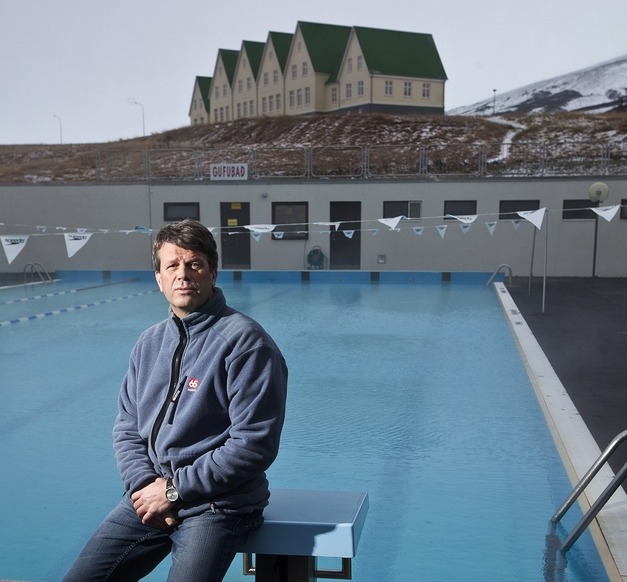“People’s state of health has deteriorated considerably in recent years and children and young adults are not in good shape,” says Erlingur S. Jóhannsson, Professor in Sport Sciences and Public Health. Jóhannsson especially mentions lack of stamina and obesity in this context; caused in part by poor diet and lack of physical exercise.
Jóhannsson has studied health, movement patterns, physical strength and lifestyle in children, adolescents, adults and the elderly in recent years. The main emphasis in his research is on examining the influence of organized intervention and preventive measures on various lifestyles of different groups in society.
Jóhannsson’s current study follows up the research “Atgervi ungra Íslendinga” (The physical state of young Icelanders) but the aim of that study was to examine long term changes in weight, exercise, and strength by age groups; as well as mental and social factors in two groups of adolescents (17 year olds) and young adults (23 year olds).
“The participants will be from the group that participated in the research Lífsstíll 9 og 15 ára Íslendinga (The lifestyle of 9 and 15 year old Icelanders), that was conducted in the school year 2003 to 2004,” says Jóhannsson. “Recent information on the health of these individuals, eight years later, can provide valuable information on which pre-emptive measures are necessary in the coming years and decades on behalf of the authorities in health and public health matters.”
Jóhannsson says that few long-term studies have been made in Iceland on the development and change in health factors in people in their teens and then again as adults.
Jóhannsson says they are currently working on analysis and interpretation of the results; but that the first indications point to considerable deterioration in health among these young Icelanders in this eight year period. “This is revealed both in increased obesity; lack of physical exercise, and sedentariness, which in turn causes decreased strength in these young adults,” says Jóhannsson. He says that the scientific value of the study is indisputed.
“The gain is first and foremost knowledge. By increasing our knowledge of the factors that explain increased obesity, lack of exercise, depression and connections to other risk factors for disease, we can systematically organize pre-emptive measures, thus preventing serious health problems in the future.”



